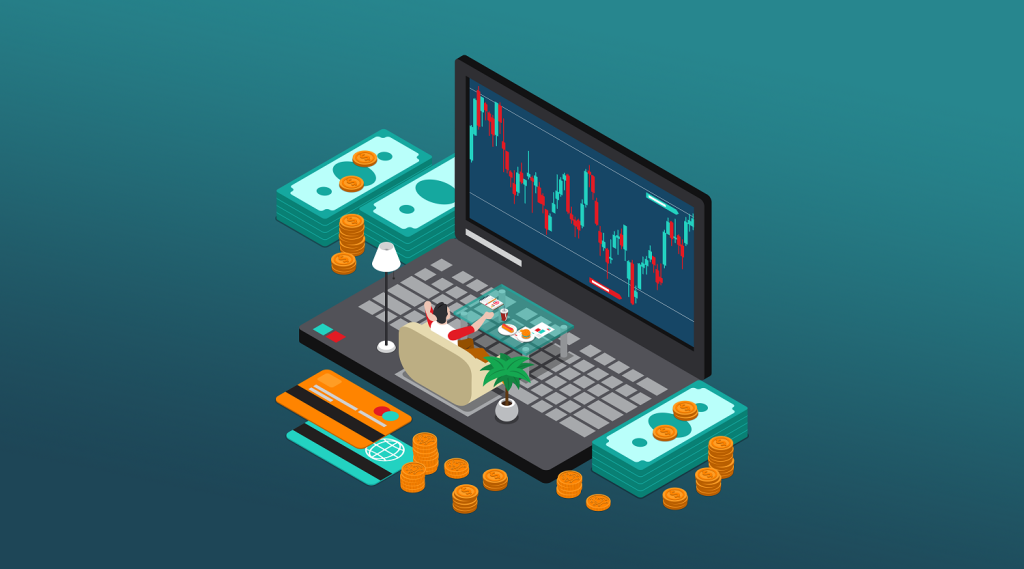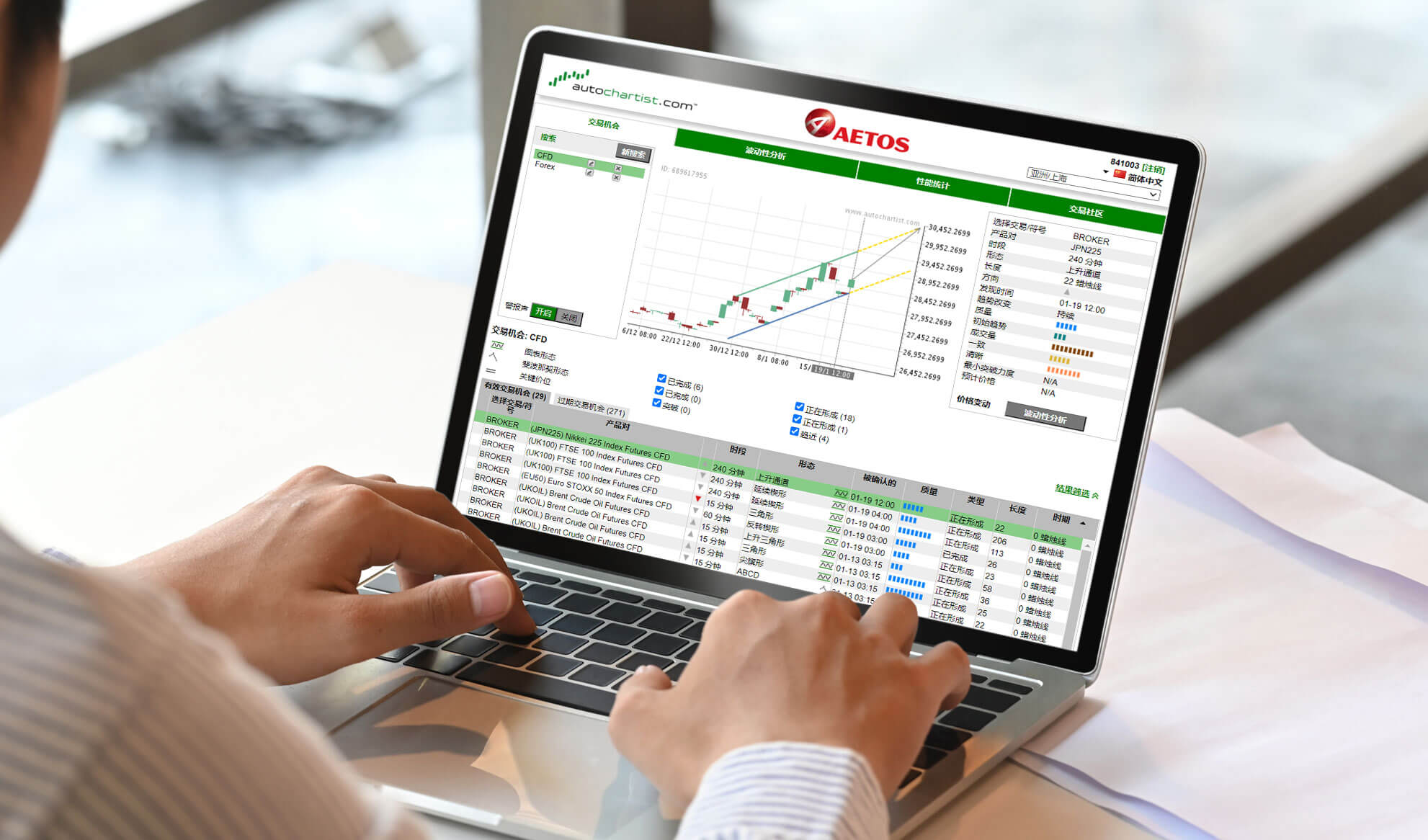In the dynamic landscape of personal finance, small loans have emerged as pocket-sized powerhouses, providing many advantages for individuals navigating unexpected expenses or pursuing their financial goals. Whether it’s covering an urgent medical bill, repairing a car, or seizing a fleeting investment opportunity, small loans can be a lifeline in times of need. In this blog post, we’ll delve into the various benefits of opting for small loans, exploring their flexibility, accessibility, and the potential to transform financial setbacks into opportunities.
Flexibility in Financial Solutions
One of the most significant advantages of small loans lies in their flexibility. Unlike large loans that often have rigid repayment terms and lengthy approval processes, small loans are designed to adapt to the borrower’s unique needs. Small loans can provide that swift solution. Their modest amounts make them manageable for borrowers to repay without causing financial strain, allowing for a quick resolution to unforeseen challenges.
Accessibility for All
Small loans distinguish themselves from larger counterparts primarily through accessibility. Compared to traditional lenders, which often scrutinise credit scores and financial histories, small loans provide a more inclusive option for individuals with less-than-perfect credit, removing obstacles hindering loan approval. In contrast, many small loan providers prioritise factors beyond credit scores, such as steady income and repayment ability. This inclusiveness guarantees that a broader range of Individuals can obtain the financial assistance they require, empowering them to address immediate concerns without facing the barriers often present with larger loan applications.

Speedy Approval and Disbursement
In our fast-paced world, time is often crucial when dealing with financial affairs. Small loans address this need with their speedy approval and disbursement processes. The application for a small finance is typically straightforward, requiring minimal documentation. Consequently, lenders can swiftly process applications, ensuring borrowers receive the necessary funds within days or hours. This accelerated turnaround is especially beneficial in emergency scenarios, where prompt access to funds can be pivotal.
Building or Rebuilding Credit
While specific individuals might be hesitant to pursue loans due to apprehensions about their credit scores, small loans can play a pivotal role in constructing or reconstructing credit. The modest size of these loans diminishes the risk for both borrowers and lenders, offering individuals a chance to showcase their responsible debt repayment capabilities. Meeting the repayment schedule for a small loan promptly can positively impact a borrower’s credit history, paving the way for more favourable terms and conditions in subsequent financial endeavours.
Conclusion
The advantages of choosing small loans are clear and compelling in personal finance. Their flexibility, accessibility, and quick approval processes make them a valuable tool for navigating unexpected expenses or seizing unforeseen opportunities. Whether you encounter a financial challenge or aspire to launch a small venture, the compact strength of small loans can significantly alter the game.
As with any financial decision, it’s crucial to approach small loans responsibly. Carefully assess your needs, borrow only what you can comfortably repay, and choose reputable lenders with transparent terms. When used judiciously, small loans can be a potent ally in achieving your financial goals and weathering life’s storms.














